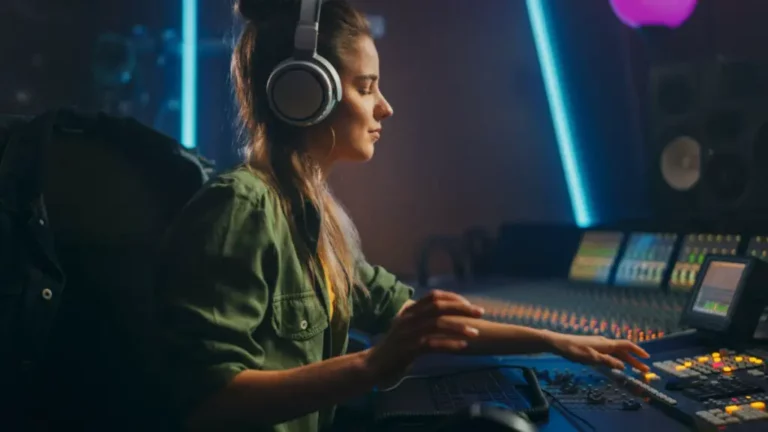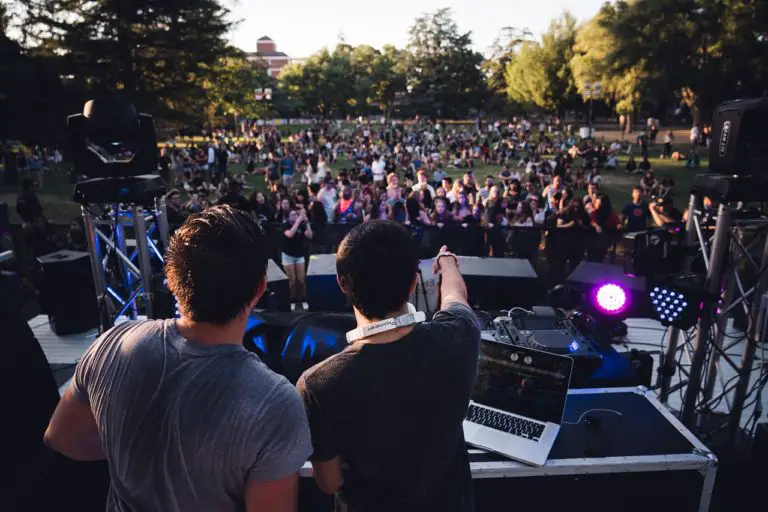How to Remix a Song Legally [Copyright Considerations]
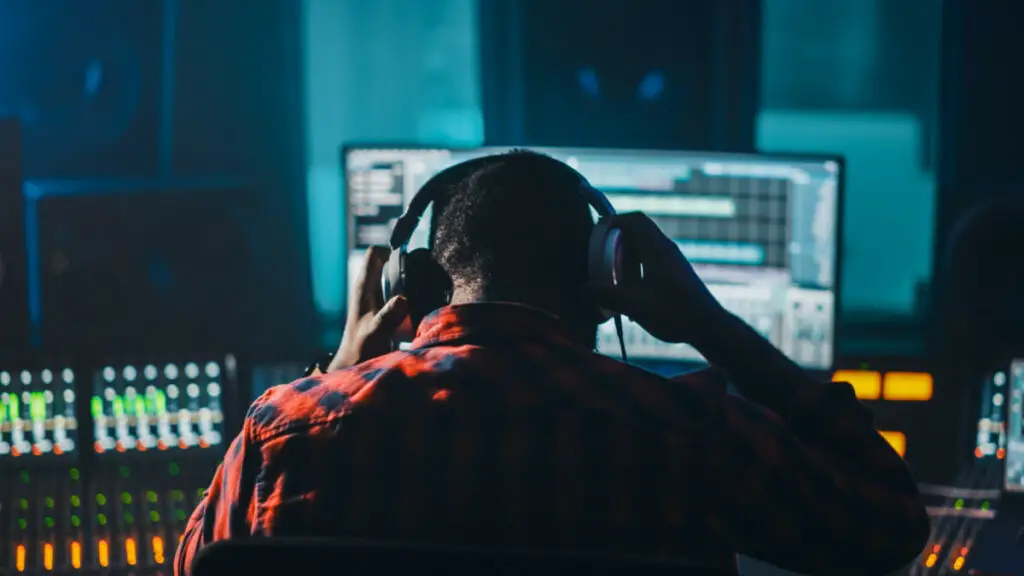
From the pulsating beats of a dance floor anthem to the unexpected mashup at your favorite DJ’s set, there’s no denying the allure of a well-done remix. But have you ever wondered what goes into creating a remix? And, more importantly, how to do it legally?
Short answer: it revolves around two pivotal actions – obtaining the proper permissions and giving credit where it’s due. Once you get permission from the copyright holders and give them credit, you can remix the song.
Creating a remix involves adding a new beat to an existing song. It’s about reimagining the music, finding a new angle, or enhancing specific elements to create something fresh and unique. However, when remixing a song, there are legal considerations to bear in mind to ensure you respect the rights of the original artist.
This might seem intimidating, but fear not, dear reader. We’re here to guide you through this symphony of legality.
When obtaining music copyrights, it’s recommended that you seek out a music lawyer. This blog is for entertainment purposes only.
How Can I Obtain a License for a Remix? [If You Want To Sell It]
If you plan to distribute your remix commercially, you must secure a license. This usually involves contacting the rights holder or a music licensing company and agreeing on royalty payments. Here’s a step-by-step guide:
- Identify the Copyright Holder: Use databases like ASCAP, BMI, or SESAC to find out who owns the rights to the song.
- Contact the Rights Holder: Reach out to them directly or through a music licensing company to negotiate terms.
- Obtain a License: Once terms are agreed upon, the rights holder will provide a license to use the song.
- Pay Royalties: Remember to pay fees each time the song is played, based on the agreement.
Check out this video for more tips:
What Is a Music License?
Before you can legally remix a song, you need to understand the concept of a music license. This is a legally binding agreement between you (the remixer) and the owner of the song (usually the songwriter or music publisher). This agreement permits you to use the song in a specific way, in this case, to create a remix.
You must contact the copyright owner directly or through a music licensing company. Explain your intention to remix the song, including details about where and how the remix will be used. If the copyright owner agrees, they will provide a license, often in exchange for a fee.
What Is the Process of Getting a License?
When you’ve identified the song you want to remix, you need to track down the copyright owner. This is typically the songwriter or the music publisher. You can use the databases of rights organizations such as ASCAP, BMI, or SESAC to locate this information.
Once you’ve found the copyright owner, contact them directly, explaining your intention to create a remix and requesting a license. Be prepared to negotiate a fee and ensure you understand the terms of the license, including any restrictions on how you can use the remix.
What Happens If I Don’t Get a License?
If you remix a song without obtaining a license, you could face legal action from the copyright owner. This can result in hefty fines and potentially damage your reputation in the music industry. Therefore, it’s critical to respect the rights of original artists and always obtain a license before releasing a remix.
What If I Just Want to Remix for Fun, Not Profit?
Even if you’re remixing just for fun and have no intention of selling or distributing your remix, you still need to tread carefully. After all, copyright laws apply regardless of your intentions. However, the good news is, for non-commercial use, the process is often simpler. It may involve contacting the original artist or copyright owner directly and requesting their blessing.
What About Royalties?
In addition to obtaining a license, you’ll also need to consider royalties. These are ongoing payments you make to the copyright owner, usually calculated based on how often your remix is played.
The royalty rates can vary greatly depending on the specific arrangement you have with the copyright owner. It’s crucial to understand the terms of your agreement and to keep accurate records of how often the remix is played, as this information will be used to calculate royalty payments.
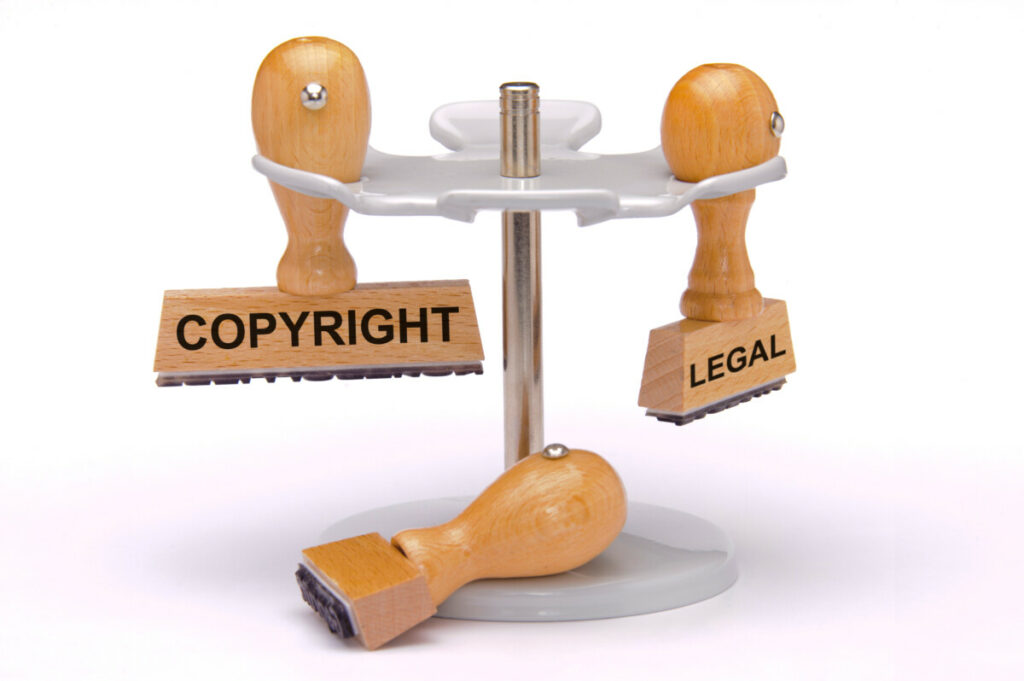
The Dos and Don’ts of Legally Remixing Music
As we dive deeper into remixing music legally, it’s crucial to distinguish the dos and don’ts that will guide your journey. Let’s take a look:
DO:
1. Get Permission First
Before starting your remix, reach out to the copyright owner for permission. Even if you’re only remixing for fun, getting permission can help you avoid legal issues later.
2. Apply for a License
If you plan to distribute your remix, apply for a mechanical license. This ensures you have legal permission to use and profit from someone else’s work.
3. Pay Royalties
Once you have a license, track how often your remix is played. The royalty fees you owe are usually based on usage.
4. Give Credit
Even with permission and a license, it’s vital to acknowledge the original artist’s work. Crediting the original artist shows respect and avoids potential copyright disputes.
DON’T:
1. Remix Without Permission
Starting a remix without obtaining permission from the copyright owner is a big no-no. It can lead to severe legal consequences, so always seek permission first.
2. Forget to Pay Royalties
If you’re making money from your remix, you’re legally required to pay royalties to the copyright owner. Failing to do so can result in legal action.
3. Neglect to Give Credit
Even if you’ve drastically changed the original work in your remix, it’s crucial to credit the original artist. Not only is it respectful, but it’s also often legally required.
4. Ignore Copyright Laws
Don’t assume you can sidestep copyright laws just because you’re not making money from your remix. Copyright laws apply to all uses of copyrighted material, whether commercial or not.
5. Carelessly Perform Without PermissionEven when a person pays for copyright permission to make a remixed song, there are caveats and special circumstances they need to keep in mind. For instance, legally remixed songs cannot be played in a club or public space if the remix creator doesn’t have performance rights for their material.
Remember, when remixing a song, it’s all about respect – for the law, for the rights of the original artist, and for the music. Stick to these dos and don’ts, and your remixing journey should be a harmonious one.
Even after you complete your remix, you can’t just spread it across the world. Below are some tips to keep in mind after you remix the song.
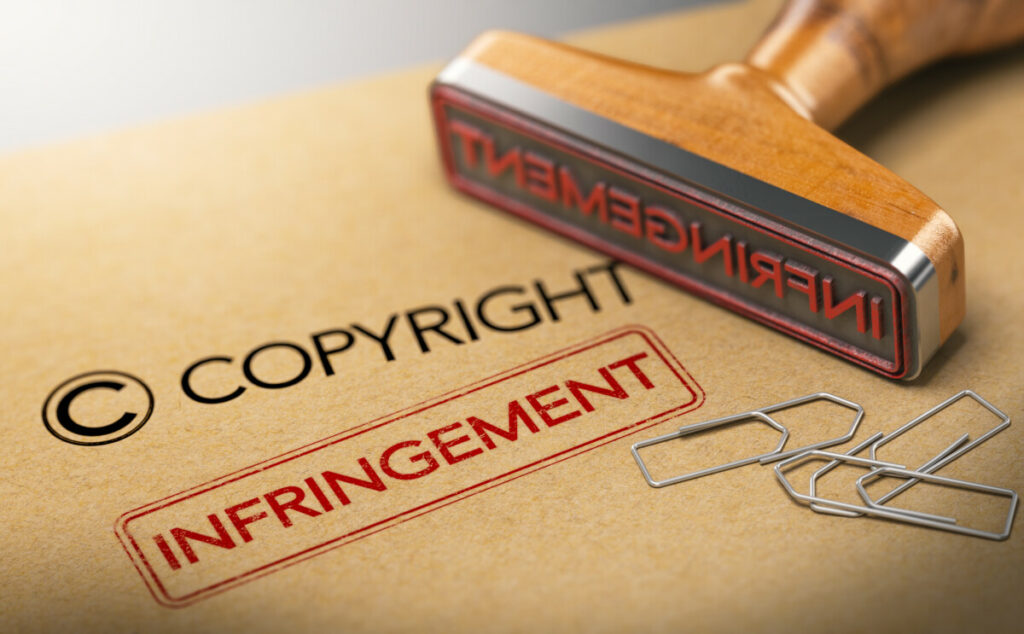
How Do Creative Commons Apply To Remixing Music?
Creative Commons is a relatively new system that allows you to remix and use certain songs and other forms of media. It is built on current copyright laws to let users legally use “some rights reserved” music, movies, and images. Creative Commons, also called CC, provides copyright licenses that anyone can use, without the help of a lawyer, to mark their creative work with the freedoms they want it to hold and carry.
For example, musicians may use Creative Commons licenses to let people legally share their songs online, make copies for their friends, and even remix or sample their songs to be used in brand-new compositions. CC-licensed music can be found on various websites such as on ccMixter, Freesound, SectionZ, Jamendo, and Opsound.
Songs that have CC licenses have specific rules and protections. If a remixer wants to use one of these songs, they will need to make sure that whatever they will be doing to the music and what they will be using it for will be okay under the terms of the Creative Commons license that it is protected under.
FAQs
How Do I Find Intellectual Property and Copyright Lawyers?
If creators are nervous and want legal help and advice, music copyright lawyers can be fairly easily found online! There are websites like FindLaw.com that can help you find an intellectual property and copyright lawyer that is close to you.
What is a song remix?
A song remix is a reimagining or adaptation of a song, created by altering its elements to make it sound different from the original.
Do I need permission to remix a song?
Yes, you need legal permission to remix a song. This typically involves obtaining a license from the copyright holder, often the original artist or their record label.
How do I get permission to remix a song?
Permission can be obtained by contacting the copyright holder directly or through their representative. Sometimes, you might need to pay a fee to obtain a license.
Can I sell my remixes legally?
You can sell your remixes legally only if you have obtained the necessary permissions and licenses. Without these, selling remixes could lead to legal issues.
What is fair use, and how does it apply to remixes?
Fair use is a legal doctrine that permits limited use of copyrighted material without acquiring permission. However, whether a remix qualifies for fair use often depends on specific circumstances and can be a complex legal matter.
What are the potential legal consequences of remixing a song without permission?
If you remix a song without permission, you may face legal penalties, including lawsuits, fines, or having your remix down.
Are there any platforms that facilitate legal remixing?
Yes, there are platforms like SoundCloud and MixBank that have agreements with certain labels and publishers, allowing users to legally upload and share remixes.
What are the steps involved in creating a remix?
Steps in creating a remix typically include choosing the right song, obtaining permission, extracting the parts you want to use, adding your own elements, and finally mixing and mastering your remix.


